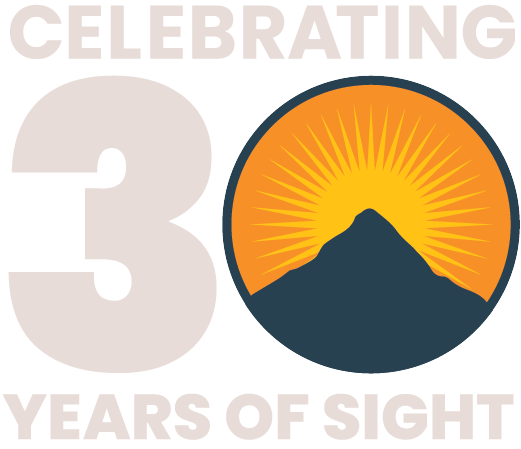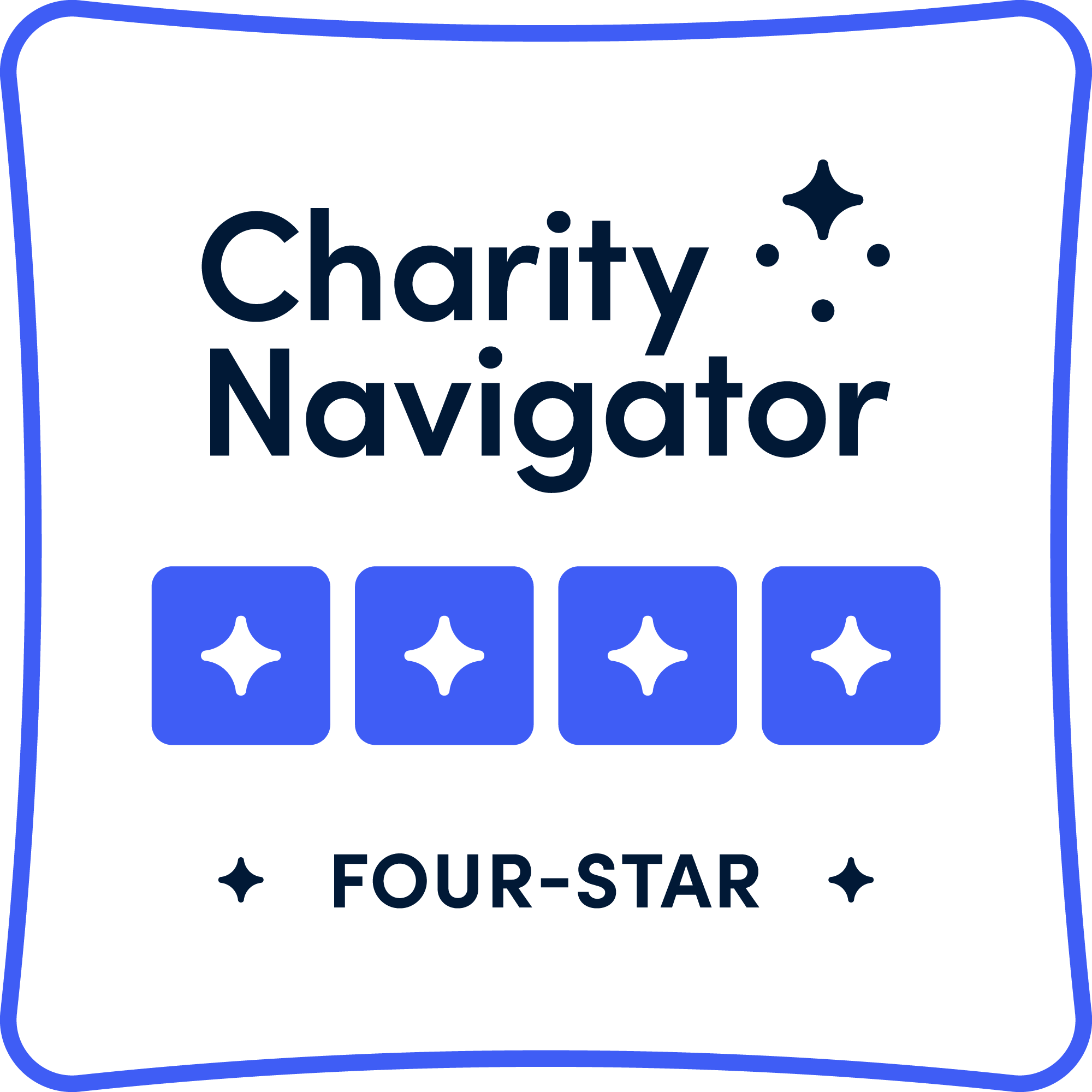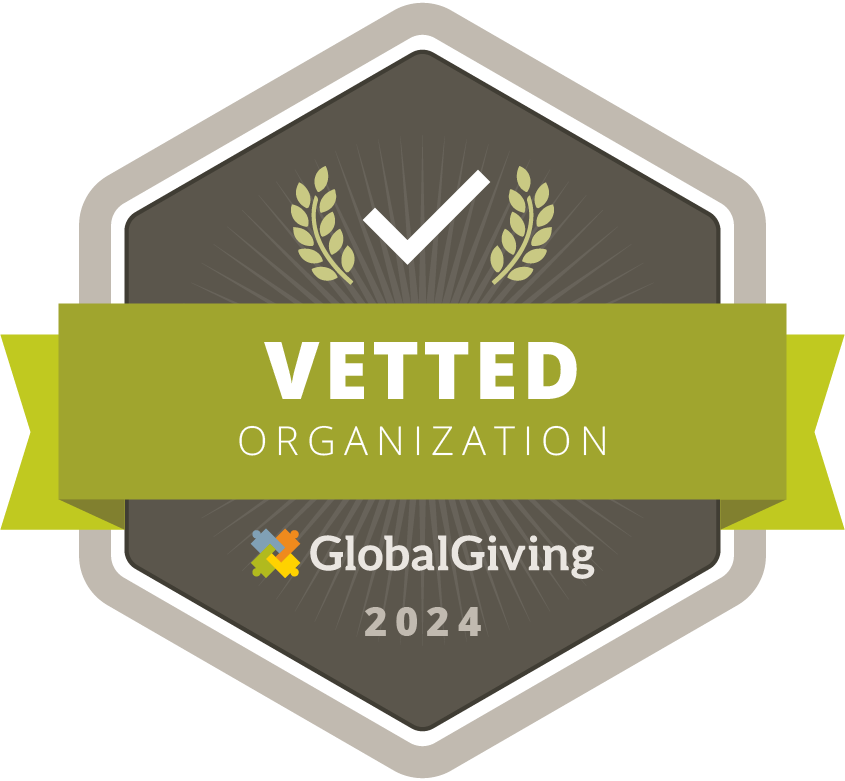Dr. Liknaw Adamu
“HCP supports almost one third of Ethiopia’s annual performance in cataract surgery”
The network of partners that make the Himalayan Cataract Project’s (HCP) work possible is diverse and multifaceted. It consists of individuals and institutions ranging from local, grassroots health workers in remote areas, to volunteer ophthalmologists, all the way to large multinational donors, and many more. We are able to maximize our impact through this extensive network of partners by leveraging talent and resources. In Ethiopia, where we have our highest volume outreach events, HCP Ethiopia Representative, Dr. Liknaw Adamu Tegegne is one of the country's champions in the quest to eliminate needless blindness.

Dr. Liknaw is a retired ophthalmologist with training in community eye health from the International Centre for Eye Health in London. Dr. Liknaw has worked as a Prevention of Blindness National Coordinator for the Federal Ministry of Health of Ethiopia and the World Health Organization (WHO) for the last 15 years. He has vast experience in community eye health and has published eight survey-related articles as a co-author in renowned scientific health journals. Dr. Liknaw also received the 2011 Ophthalmological Society of Ethiopia (OSE) Award for his contributions to eye care services advancement in Ethiopia. Dr. Liknaw is directly supported in-country by Program Manager, Teketel Mathiwos; an ophthalmic nurse, Meseret Fantaum; a biomedical engineer, Abraham Haddis; and two additional part-time program coordinators.

We would like to highlight Dr. Liknaw as he shares his story of deep dedication to ophthalmology and his work with the HCP.
“My medical career started when I graduated from Moscow Medical School as a physician after seven years of study. After serving for two years as a general practitioner in western part of Ethiopia, I joined the Ophthalmology Department of Addis Ababa University (AAU) as a resident. I finished my residency program of four years at AAU.
As a new ophthalmologist, I was assigned to work in the eastern part of the country - eventually becoming the head of the ophthalmology department of that hospital. Then, I joined the Federal Ministry of Health (FMOH). My role there was to serve first as team leader for the prevention of blindness and later as an adviser for the FMOH on the prevention of blindness (PBL) in the country, seconded by the World Health Organization (WHO). I also had a chance to study an MSc course in community eye health at the International Centre for Eye Health in London, a part of the University College London (UCL).
My deep interest in eye care started when I was an undergraduate in ophthalmology. I was amazed at the restoration of sight and how with a relatively short (just minutes) surgical procedure patients could see again. I knew then that this is my field of specialization in the future. God helped me to attain my dream and I became an ophthalmologist. I know that it was the right decision, because the burden of avoidable blindness in Ethiopia is so huge. The need for more eye surgeons and eye care coordinators is great and more eye care professionals are key to tackle the problem.
Since 2015, I have worked for the Himalayan Cataract Project (HCP) as its Ethiopian In-Country Consultant Representative. My work for HCP includes coordination of eye care activities for major components of HCP’s Ethiopia programs: cataract surgery outreaches/campaigns, training, equipment/instruments and supplies provision for partner health institutions (currently 21) and advocacy for eye health in Ethiopia.
The backlog of cataract blindness (50% of all blindness in Ethiopia) is still huge, with more than 600,000 in the country - HCP supports almost one third of Ethiopia’s annual performance in cataract surgery. The trainings supported by HCP are also very important in increasing the number of subspecialists and other allied eye care workers to provide high-volume and high-quality eye care services in Ethiopia.
In the near future, I hope that with the concerted efforts of all the stakeholders involved in eye health in Ethiopia, avoidable blindness can be eliminated. Supporting HCP in its dedication to eliminate avoidable blindness in developing countries such as Ethiopia is supporting the poor and disadvantaged members of our communities.”



